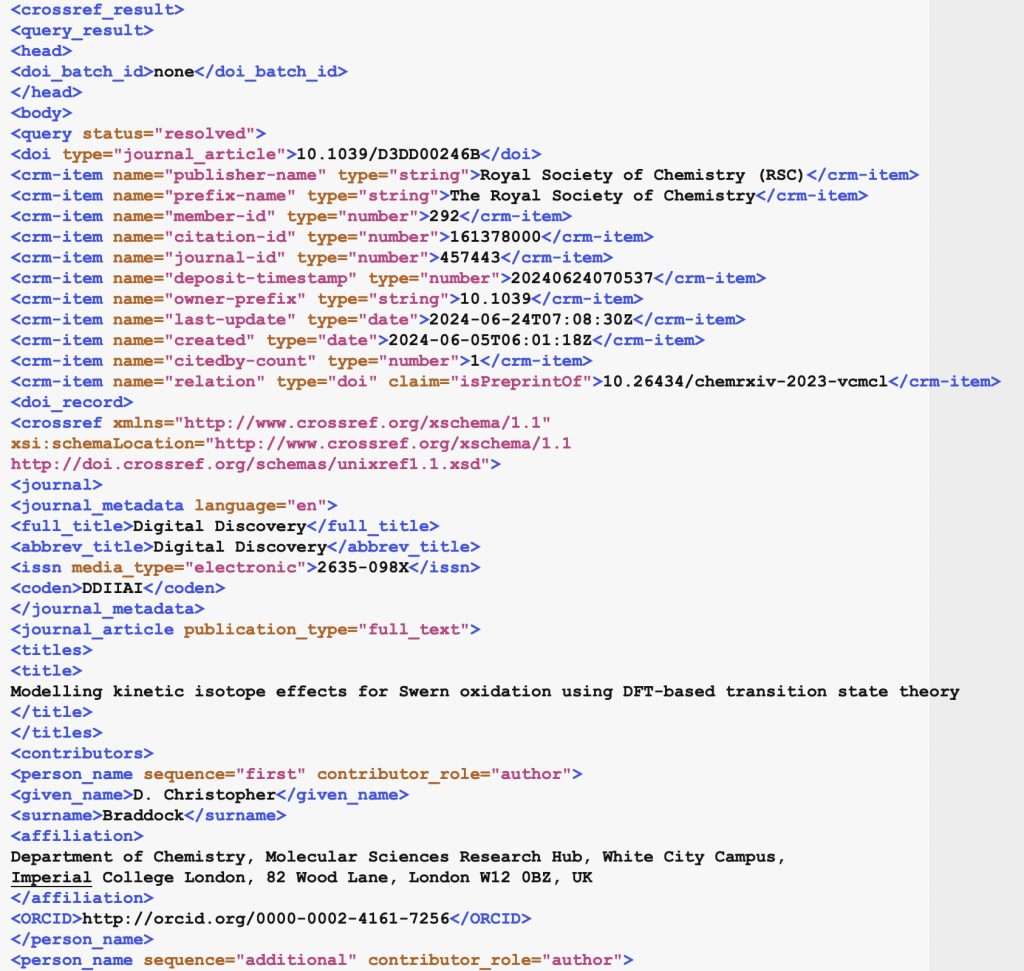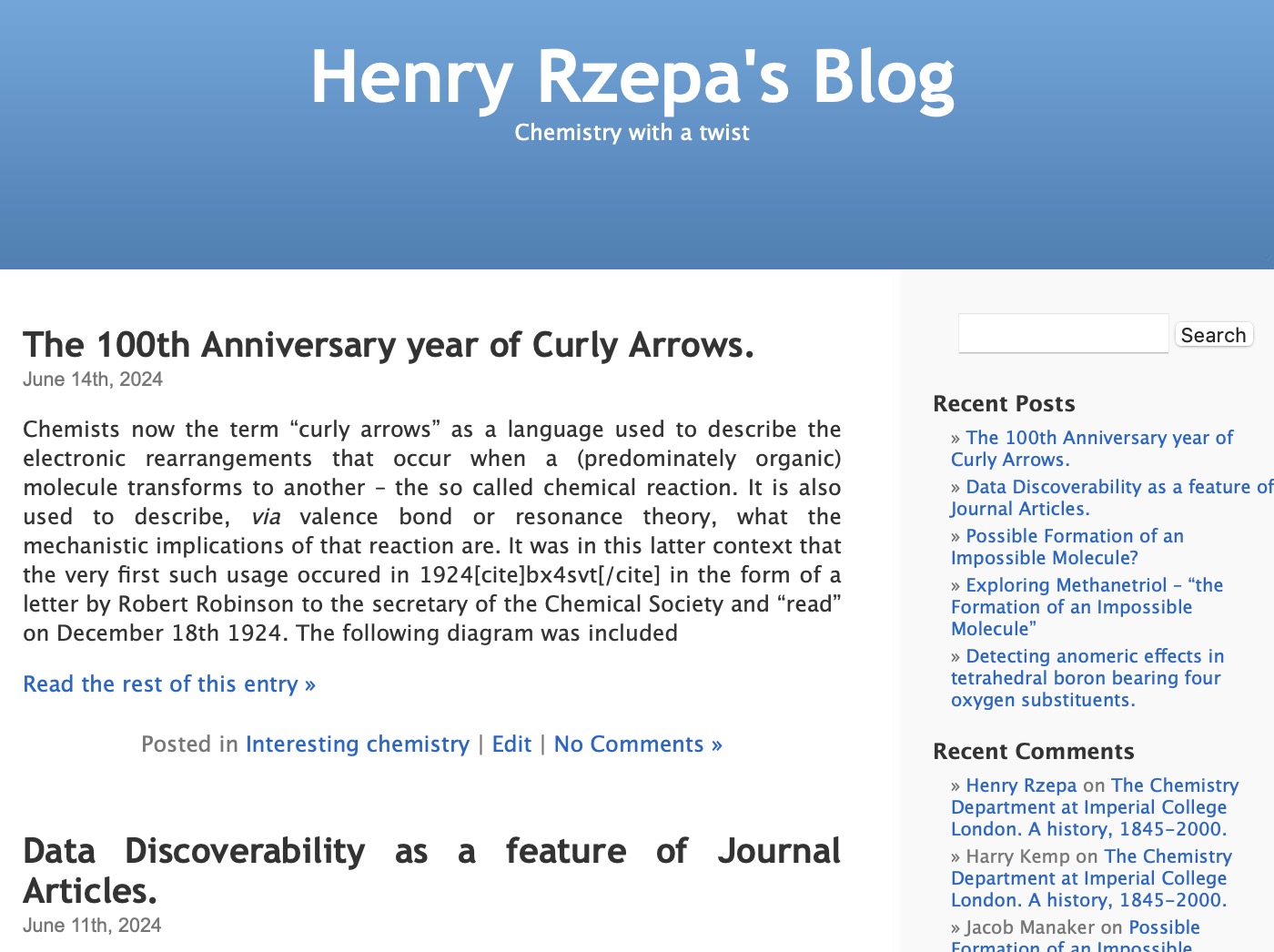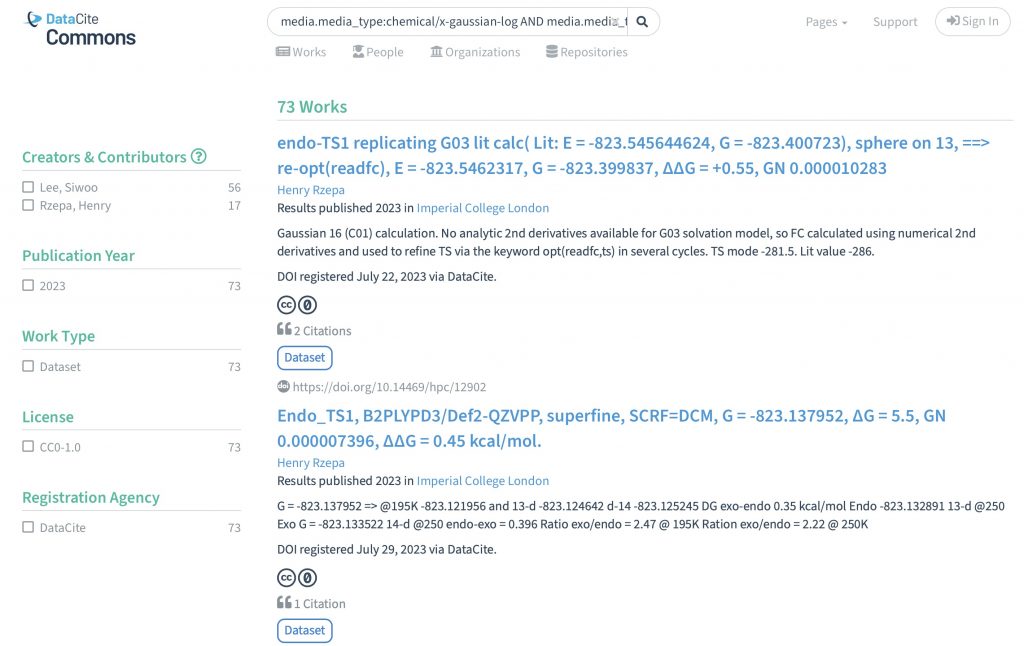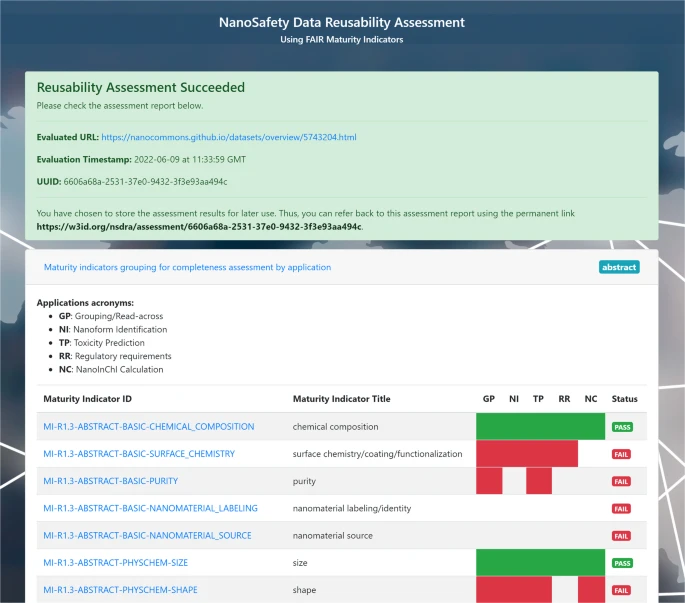
About a year ago I started migrating my blogger.com blog to a git-version-controlled, Markdown-based blogging platform. I have to say, it has been a happy year. It actually is awesome to port old blog posts (follow that here) and to see what I have been working on some 17, 18 years ago. I do have a nasty bug to fix that causes the conversion of the Markdown to HTML is scaling badly.






